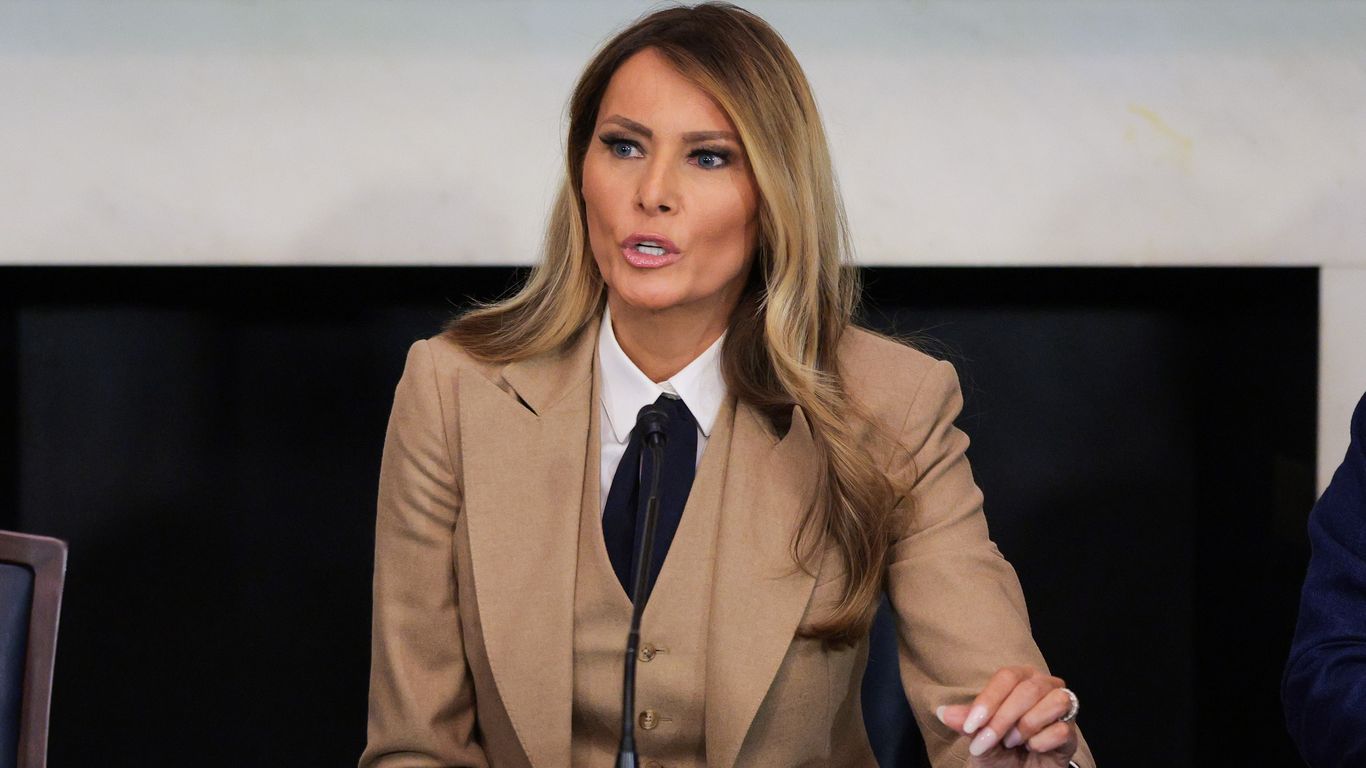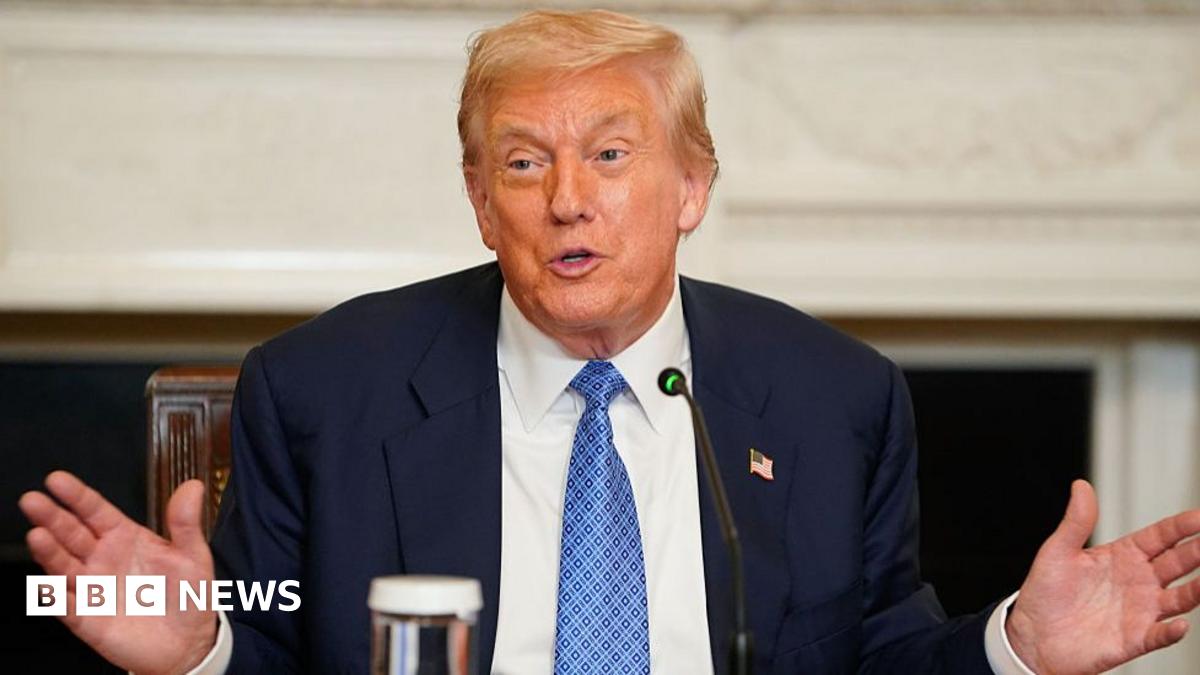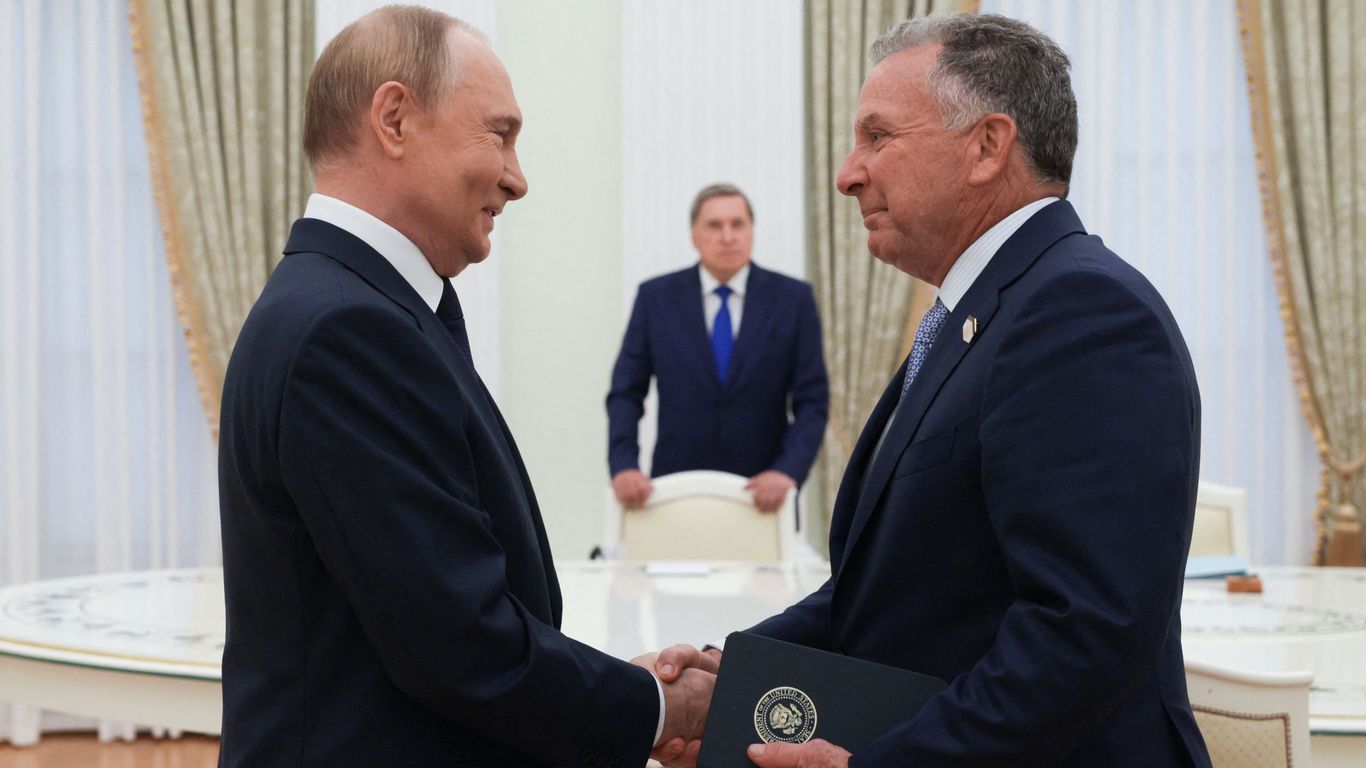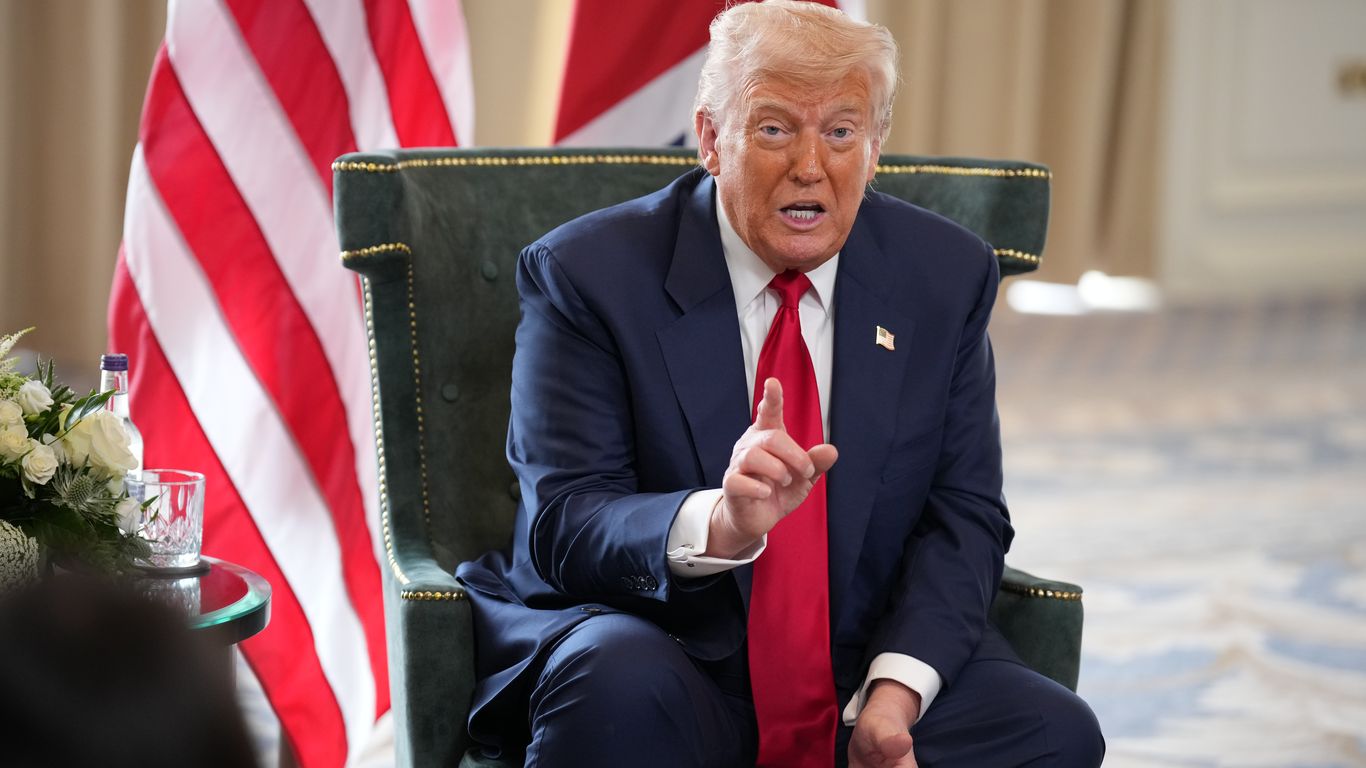Trump's Attempts to Control the FTC Sparks Concerns

Introduction
In March 2020, President Donald Trump removed two Democratic commissioners from their posts at the Federal Trade Commission. This move sparked controversy and raised concerns about the political influence on the FTC. However, Trump is not done yet. He has now asked the Supreme Court to allow him to fire FTC Commissioner Rebecca Slaughter, a move that could further disrupt the FTC's work and decision-making process.
Key Details
The FTC is an independent agency responsible for protecting consumers and promoting competition in the marketplace. Traditionally, the commission is composed of five members, with no more than three from the same political party. However, with Trump's recent actions, the FTC is currently operating with only three commissioners, all from the Republican party. This has raised concerns about the potential for partisanship and political motivations in the FTC's decisions.
Impact
The potential removal of FTC Commissioner Rebecca Slaughter could have far-reaching consequences. Slaughter, who has served on the commission since 2018, has been a strong advocate for consumer protection and has been a vocal opponent of big tech companies. Her removal could significantly alter the balance of power within the FTC and potentially lead to decisions that favor big corporations over consumers. It also raises questions about the independence of the FTC and the impact of political influence on its decision-making process.
About the People Mentioned
Donald Trump
Donald John Trump, born June 14, 1946, in Queens, New York, is an American businessman, media personality, and politician. He graduated from the University of Pennsylvania’s Wharton School in 1968 with a degree in economics. In 1971, he took over his family’s real estate business, renaming it the Trump Organization, through which he expanded into building and managing skyscrapers, hotels, casinos, and golf courses. Trump gained widespread fame as the host of the reality TV show *The Apprentice* from 2004 to 2015, which helped establish his public persona as a successful entrepreneur. Trump entered politics as a Republican and was elected the 45th president of the United States, serving from 2017 to 2021. His presidency was marked by significant policy actions including tax cuts, deregulation, the appointment of three Supreme Court justices, renegotiation of trade agreements (notably replacing NAFTA with the USMCA), and a focus on immigration control including border wall expansion. He withdrew the U.S. from international agreements such as the Paris Climate Accord and the Iran nuclear deal, and engaged in a trade war with China. His administration’s response to the COVID-19 pandemic was criticized for downplaying the virus’s severity. Trump was impeached twice by the House of Representatives—first in 2019 for abuse of power and obstruction, and again in 2021 for incitement of insurrection—but was acquitted by the Senate both times. After losing the 2020 election to Joe Biden, Trump challenged the results, culminating in the January 6, 2021, Capitol riot. He remains a central figure in American politics, having won the 2024 presidential election and returned as the 47th president in 2025, continuing to promote policies aimed at economic growth, border security, and military strength[1][2][3][4].
About the Organizations Mentioned
Federal Trade Commission
## Overview The **Federal Trade Commission (FTC)** is an independent agency of the U.S. federal government tasked with safeguarding consumers and promoting fair competition across the American economy[2][3]. Established in 1914 by the Federal Trade Commission Act—a direct response to the monopolistic "trusts" of the late 19th century—the FTC operates as a civil law enforcement body, not a criminal one, and shares antitrust enforcement authority with the Department of Justice[3]. Its headquarters are in Washington, D.C.[3]. ## Mission and Functions The FTC’s core mission is twofold: to protect consumers from deceptive, unfair, or fraudulent business practices, and to prevent anticompetitive behavior that could stifle innovation, raise prices, or limit choices[1][6]. The agency enforces a broad array of laws, including the FTC Act (especially Section 5, which bars unfair or deceptive acts), the Clayton Act, and more than 70 other statutes covering areas like telemarketing, credit reporting, and privacy[1][4]. Its activities include law enforcement, rulemaking, research, consumer and business education, and advocacy at the legislative and policy levels[5][6]. The FTC is led by five commissioners, appointed by the President and confirmed by the Senate for seven-year terms, with no more than three from the same political party[2][3]. The President designates one as Chair; since January 2025, Commissioner Andrew N. Ferguson has served in this role[3]. ## Key Achievements and Notable Aspects Over its century-long history, the FTC has been instrumental in breaking up monopolies, halting deceptive advertising, and protecting consumer privacy. It played a central role in landmark antitrust cases and has adapted to new challenges, such as regulating emerging technologies and online commerce. For instance, in 2021, the FTC’s intervention led Nvidia to abandon its proposed $40 billion acquisition of Arm



















